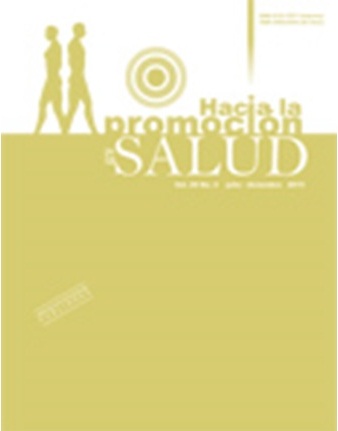Authors
Abstract
Objectives: 1) To identify the central arguments in the thesis libertarian and liberal egalitarian tradition Rawls, about the acceptance or rejection of the health protection as a requirement of justice social. 2) Analyze the concept of Rawls primary goods as a way of re-distribution pursuit of social justice goals, the exclusion of the their health and their involvement in ensuring protecting the right to health. 3) Outline the theories Liberals Amartya Sen and Martha Nussbaum and alternative for protecting the right and necessary condition social justice. Methodology: an analysis thesis critical of libertarians (Hayek and Nozick) and egalitarian liberalism of John Rawls, is boarded their central argument concerning the mode of the free market as the only option of respect freedom, the primacy of individual liberty and a Minimal state as the ideal way to encourage progress society and the rejection of a guarantee of protection the right to health and premises of the libertarian ideology, in Rawls theoretical warp your mind about the primary goods, which are selected under the question: What things are usually necessary as social conditions and means by which people pursue their particular conceptions of good and develop their life plans? Conclusions: This signals the Rawls failures by excluding from the list of these goods primary means necessary to carry out plans of every human life and property Useful regardless of what the rational life plan each person, the health . Finally, the review visions of A. Sen and Nussbaum on the concept of capabilities as fundamental, in which health has a central place and its protection then if necessary condition for social justice.
Keywords
References
Hayek F.A. Los fundamentos de la libertad. Barcelona: Folio; 1997.
Nozick R. Anarquía, Estado y Utopía. México: Fondo de Cultura Económica; 1988.
Kymlicka Will. Filosofía política contemporánea. Barcelona: Ariel; 1995.
Campbell T. La Justicia. Los principales debates contemporáneos. Barcelona: Gedisa; 2002.
Rawls J. La Justicia como equidad. Una reformulación. Barcelona: Paidós; 2000.
Burbano C. El concepto del mínimo vital en la Jurisprudencia de la Corte Constitucional. Tutela. Legis; Bogotá. 2001. Tom. II(23):2216- 2226.
Rawls J. Sobre las libertades. Barcelona: Paidós; 1996.
Nussbaum MC. Las fronteras de la Justicia. Barcelona: Paidós; 2007.
Alarcos FJ. Bioética global, justicia y teología moral. Madrid: Comillas - Desclée de Brouwer; 2005.
Daniels N. Parámetros de justicia y monitoreo de la equidad: Apoyo a un programa de la OMS. En: Salud y Gerencia. Universidad Javeriana, Programa de Postgrado en Administración de Salud y Seguridad Social. Bogotá.1998. p. 7-4.
Sen A. Desarrollo y libertad, Planeta, Barcelona, 2000, 440 pp. Traducción de Esther Rabasco y Luis Toharia.


 PDF (Español)
PDF (Español)
 FLIP
FLIP






















